Body Dysmorphic Disorder
You’re not just “too focused on how you look” — BDD is a serious condition rooted in deep-seated distress about appearance, and help is available.
You’re not just “too focused on how you look” — BDD is a serious condition rooted in deep-seated distress about appearance, and help is available.
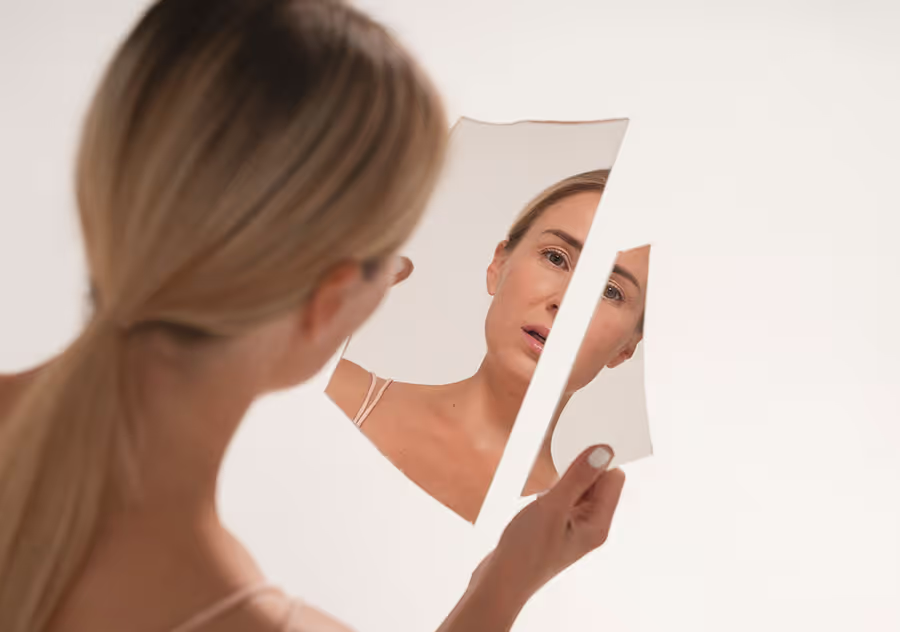
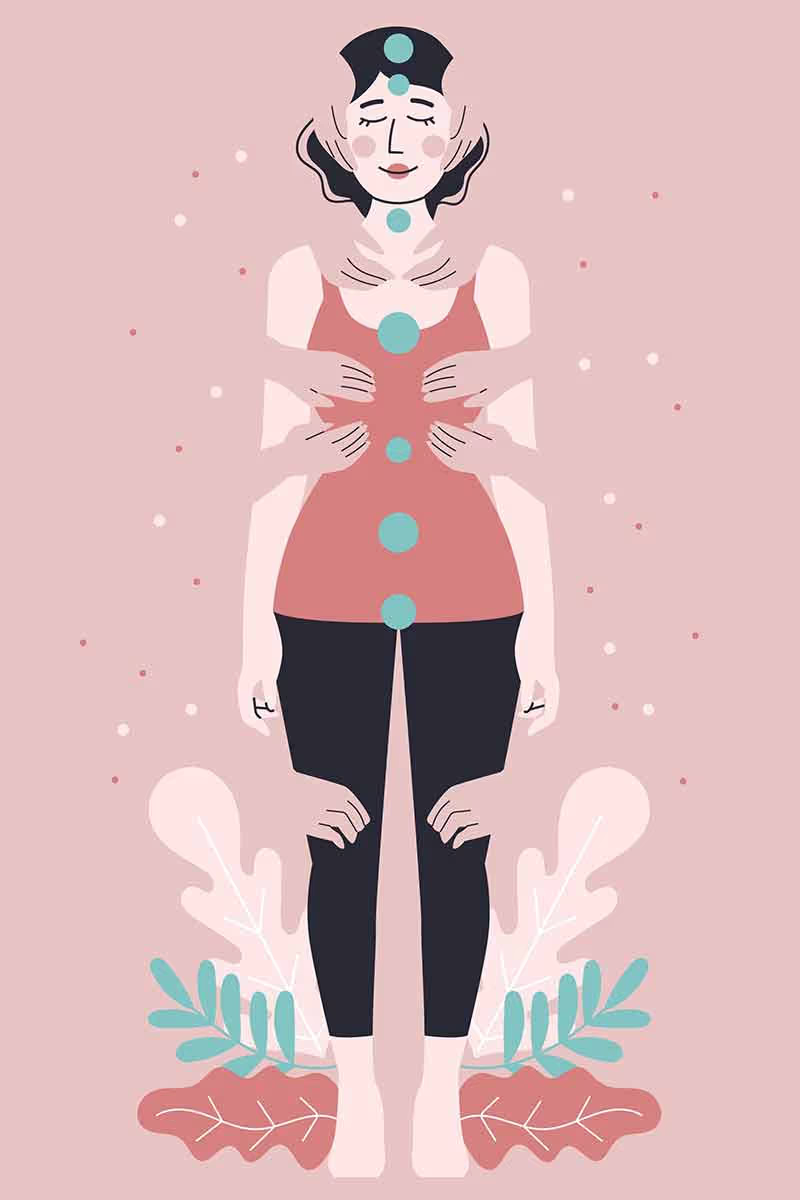
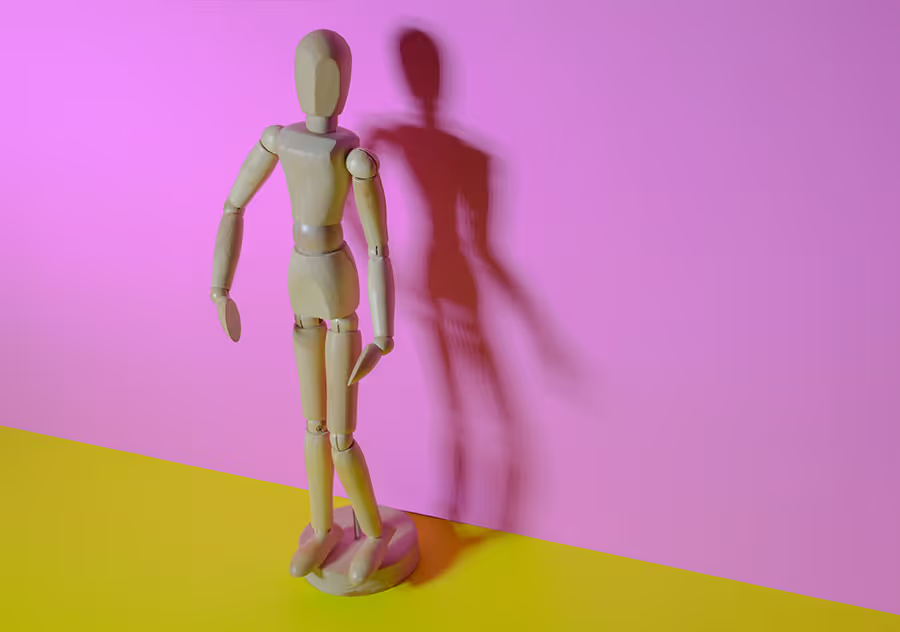
At Space to Breathe Therapy, we recognise that living with Body Dysmorphic Disorder (BDD) can deeply affect confidence, relationships, and everyday life. Each person’s experience is unique, often marked by intense focus on perceived flaws that others may not notice. With compassionate support and practical tools, it’s possible to ease distress, rebuild self-esteem, and create a healthier relationship with how you see yourself.
Body Dysmorphic Disorder (BDD) is a mental health condition where a person becomes intensely preoccupied with one or more perceived defects or flaws in their appearance. These flaws may be minor or invisible to others, but for someone with BDD, they can feel deeply distressing and consuming.
BDD can lead to repetitive behaviours—such as mirror checking, grooming, or seeking constant reassurance—that can take up hours of the day. Despite these efforts to “fix” or hide the perceived flaw, relief is often temporary, and feelings of anxiety and dissatisfaction usually return.
For some, this cycle may escalate to seeking cosmetic procedures, yet these interventions often fail to bring lasting relief.
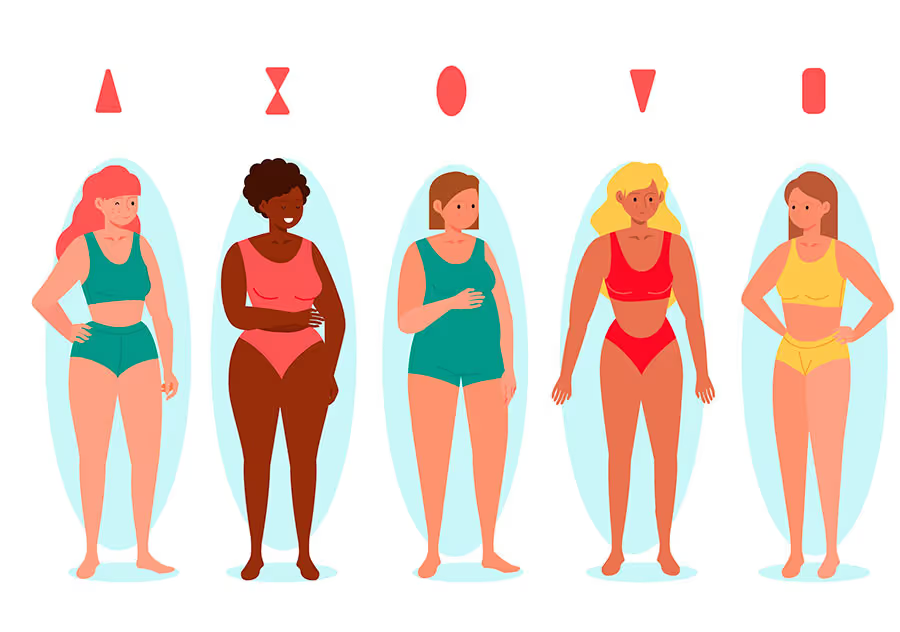
Body Dysmorphic Disorder affects people differently, but common signs and experiences include:
People with BDD may become preoccupied with one or multiple body areas. These focus points can shift over time. Common areas of concern include:
BDD is not a “one-size-fits-all” condition. Some people may have moments of clarity where they recognise their concerns are exaggerated. Others may be absolutely convinced their beliefs about their appearance are true. The more convinced someone becomes, the more distressing and disruptive the experience tends to be.
BDD is not a “one-size-fits-all” condition. Some people may have moments of clarity where they recognise their concerns are exaggerated. Others may be absolutely convinced their beliefs about their appearance are true. The more convinced someone becomes, the more distressing and disruptive the experience tends to be.
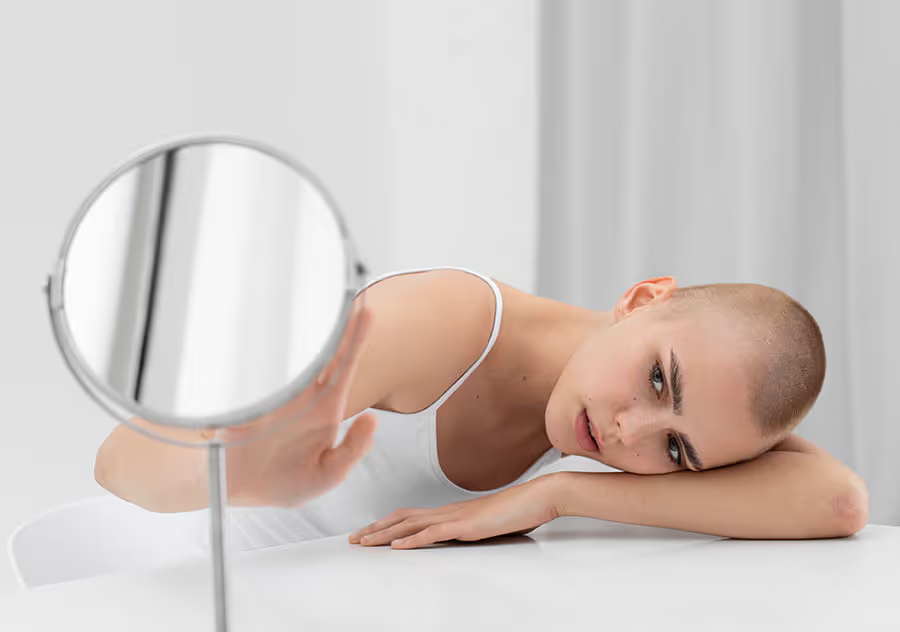
BDD is not about vanity or being overly concerned with appearance in a typical way. It’s a deeply distressing mental health condition where thoughts about perceived flaws are intrusive, unwanted, and overwhelming.
BDD involves persistent, obsessive thoughts and compulsive behaviours. It’s not something people can simply stop thinking about or let go of, even if they desperately want to.
While some people with BDD seek cosmetic procedures, these often provide little or no relief. The anxiety usually returns, shifting focus to the same or different perceived flaws.
Living with BDD can lead to:
At Space to Breathe Therapy, we offer compassionate, personalised therapy for individuals struggling with BDD. Our approach focuses on helping you understand the underlying causes of your distress and build healthier ways of thinking about yourself and your appearance.
We provide support with:
Whether BDD has been part of your life for years or you’re just beginning to understand your experience, we’re here to support you in taking the next steps toward healing.
Living with Body Dysmorphic Disorder can feel overwhelming, but you don’t have to navigate it alone. With the right support, you can quiet the inner critic, reconnect with yourself, and live a more fulfilling life.
Ready to take the next step?
If you or someone you love is struggling with Body Dysmorphic Disorder, we’re here to help. Book your session with Maggie today and begin your journey towards self-acceptance, confidence, and a space to breathe.